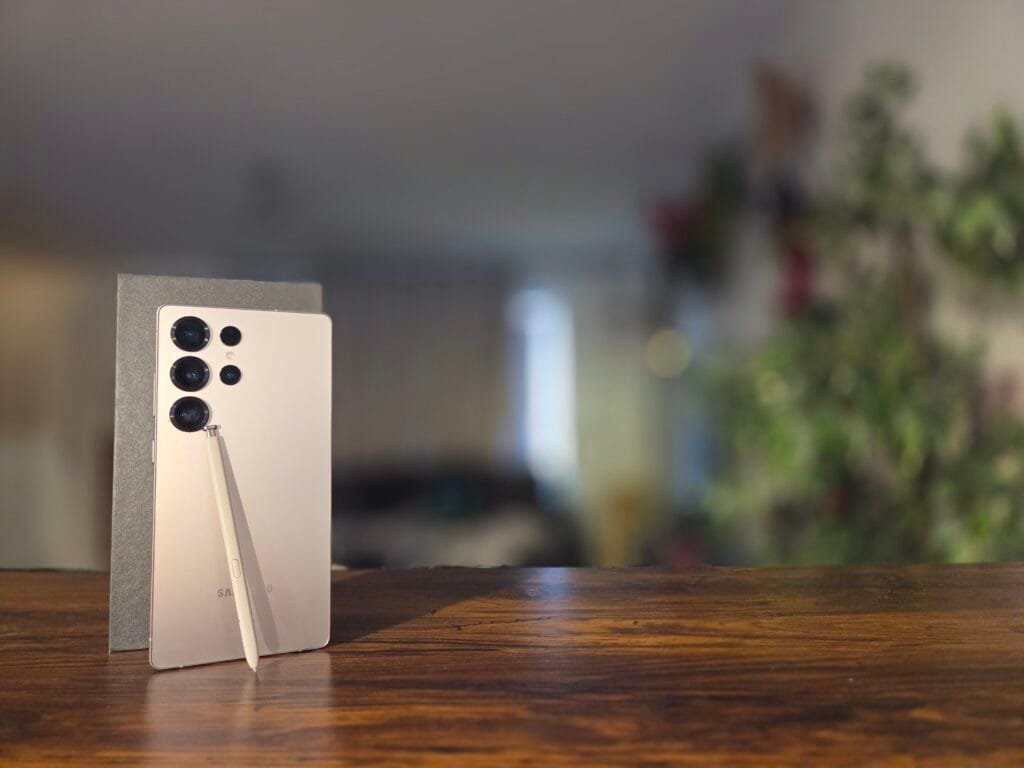Building on the legacy of phones like the Galaxy S23 Ultra, the rumor mill is already churning for its successor. A new report from China today suggests that the Samsung Galaxy S26 Ultra could receive a massive camera upgrade, potentially solidifying its position as the king of smartphone photography.

A Bigger, Better 200MP Sensor
The core of the rumor revolves around the main camera sensor. The Galaxy S26 Ultra is said to feature an upcoming 1/1.1-inch type sensor from Sony. This new sensor will reportedly maintain the 200MP resolution Samsung has become known for, but its larger physical size is the real game-changer.
For context, the current Galaxy S25 Ultra uses Samsung’s own ISOCELL HP2 sensor, which is smaller at 1/1.3 inches. A larger sensor can capture significantly more light, which directly translates to better photo quality, especially in challenging low-light conditions. This results in brighter images, less noise, and a more natural depth of field—a recipe for stunning photos.
Rumor at a Glance
A Note of Caution
While this is an exciting development, the source of the rumor adds an important caveat: there’s a chance Samsung might push the debut of this new Sony sensor to the Galaxy S27 Ultra in 2027. This kind of strategic decision is common, as manufacturers often test new components years in advance.
However, if the S26 Ultra does get this upgrade, it would be a major statement against competitors from Apple, Google, and other top brands like Realme, who are all making significant strides in camera technology.
What Stays the Same?
Beyond the main sensor, we can expect the Samsung Galaxy S26 Ultra to continue the “Ultra” philosophy: a massive battery, a top-of-the-line Snapdragon processor, a beautiful dynamic AMOLED display, and of course, the integrated S Pen. This creates a powerful ecosystem package, especially when paired with their latest smartwatches. For a series that has seen mostly iterative camera updates recently, a brand-new, larger sensor would be the most significant leap forward in years.




